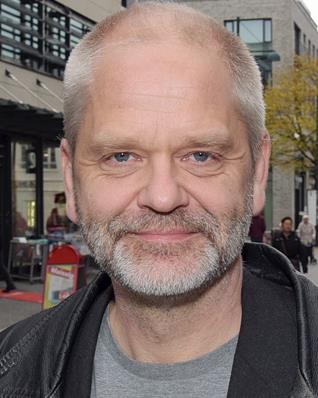Tore Dag Bøe, Ph.D.
Amsterstien 23
4516 Mandal, Norway
Phone: +47 41236110
Email:
tore.d.boe@uia.no
Web:
https://www.researchgate.net/profile/Tore_Dag_Boe
Tore
Dag Bøe is a social worker with master’s degree in community mental
health. He has worked in various services in mental health care;
inpatients ward, outpatient clinic and a day care center. In his
practice he has been engaged in developing good services based on user
participation and collaboration with local communities and networks.
Tore
Dag recently (2016) finished his Ph.D exploring change related to
dialogical practices in mental health care. This study combines the
experiential perspectives of the clients themselves with ideas from
dialogue philosophy, as found in Mikhail Bakhtin and Emmanuel Levinas,
among others. In his Ph.D he in particular focuses the way adolescents’
descriptions of their difficulties – and ways out of their difficulties
– seem to be about their movement of the body in interplay with the
movement of the body of others. In this way the human phenomena captured
by the term mental health seem to be of a more bodily character the
usually thought of. The body in movement that is given attention in a
way doesn’t coincide with the body that natural science (and medicine)
talks about; rather it is the expressive and vital body that is animated
in the realm of dialogues. It is the body seen from a phenomenological
perspective: expressive and responding to others expressions; sensing
and being sensed by others, moving and being moved by others. Further,
based on both the clients own descriptions and theoretical ideas he
suggests that bodily movement should not be seen as something outside
language. On the contrary, human movement should be regarded as
language. Here he leans on Emmanuel Levinas who speaks of three
dimensions in language; the hermeneutical, the expressive and the
ethical. In such Levinasian view on language both the ethical and the
expressive dimension in language is about how we are bodily exposed to
each other and how we respond bodily to this exposure. He is also
inspired by the phenomenological-corporeal perspectives of Maxime
Sheets-Johnstone who is giving movement a fundamental significance when
exploring human existence.
Tore Dag is now working as Associate
Professor at the Department for Psychosocial Health, University of
Agder, Norway. His interests are related to practice, education and
research. He has a particular interest in the fundamental significance
of ethics, relations and language in mental health.

